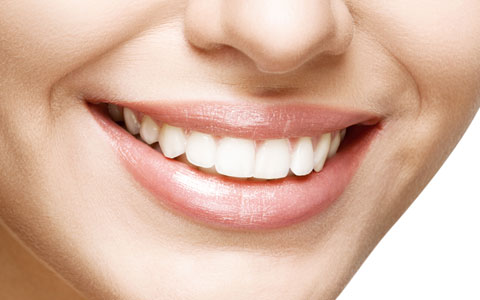Dental Terms
Mouth Guards Boardman
Participation in sports, whether for recreation, in youth or adult leagues, or even professionally, is a source of enjoyment and competition. However, athletes understand that losing a game is not the only concern; preventing avoidable injuries is equally vital.
That's where protective gear comes into play, including helmets, shin guards, knee and elbow pads, and importantly, mouth guards. Wearing a mouth guard is a simple yet crucial safety measure that can prevent serious injuries and spare athletes from unnecessary pain. Annually, this modest precaution prevents over 200,000 oral injuries among sports enthusiasts.
Facial and head injuries can occur in nearly every sport, whether classified as "contact" sports like hockey, football, soccer, and basketball, or "non-contact" activities such as baseball, gymnastics, bicycling, or skateboarding. Injuries to the teeth, lips, tongue, and jaws are common occurrences in both children and adults, making mouth guards an essential piece of protective equipment.
General dentists often see more mouth injuries resulting from sports than from any other single cause. While mouth guards can help prevent severe injuries like concussions, they are undeniably effective in preventing fractured jaws and teeth, significant cuts to the cheek and tongue (which may necessitate surgical repair), and traumatic damage to the tooth roots and supporting bone.
Mouth guards are specifically designed to cushion the mouth, teeth, and jaw, providing crucial protection in areas where sports injuries frequently occur. Although not mandatory equipment in many sports, wearing a mouth guard is a wise choice for athletes of all ages and skill levels.
For a mouth guard to be most effective, it must fit correctly and stay in place during intense physical activity and various positions required by the sport. Dr. Nogay at Johanna Nogay, DMD in Boardman can assess how wearing a mouth guard may affect appliances like braces, retainers, bridgework, or dentures. Considering that oral growth spurts are a natural part of a child's development, it's especially important for children to have their mouths evaluated by Dr. Nogay before selecting an appropriate mouth guard.
Various sports carry different levels of risk and potential injury. With guidance from Dr. Nogay, you can select the right type of mouth guard tailored to your or your child's chosen sport. Keep in mind that not all mouth guards are created equal, as their design and materials can vary, affecting fit, protection, maintenance, and durability. Below are several types of mouth guards to consider:
Custom-Made:
Formed by Dr. Nogay using a cast model of your teeth, custom-made mouth guards cover all teeth and are considered the gold standard for protection. They can absorb falls and impacts to the chin, providing optimal safety. While custom-made mouth guards may be slightly more expensive than commercial options, they offer the best fit, protection, and comfort.
Mouth-Formed:
These guards are typically made from acrylic gel or thermoplastic materials, molded to fit your teeth's contours. They are commercially produced and do not provide the same level of fit and protection as custom-fitted mouth guards made from a dental model.
Ready-Made Stock:
Commercially produced, off-the-shelf mouth guards are the most budget-friendly option but also the least comfortable and least effective. These pre-formed guards, made of rubber or polyvinyl, offer minimal customization and are not recommended in dental literature.
Like all sports equipment, proper care can extend the life of a mouth guard. Rinse it with soap, water, or mouthwash after each use and allow it to air-dry. Regularly check the mouth guard's condition before use, especially if the athlete has a habit of chewing on it. At Johanna Nogay, DMD in Boardman, Dr. Nogay can examine mouth guards during scheduled appointments to ensure their continued effectiveness.
Wearing a mouth guard is a sensible choice for anyone engaged in sports. Protect yourself or your children from unnecessary injuries. Always opt for a properly fitted mouth guard when participating in sports and avoid wearing removable dental appliances like retainers, bridges, or dentures during activities.
Keeping both your oral health and overall well-being in mind is crucial for maintaining peak performance on and off the field. Dr. Nogay and our team at Johanna Nogay, DMD in Boardman are dedicated to your health and safety, so don't hesitate to reach out with any questions or concerns.

